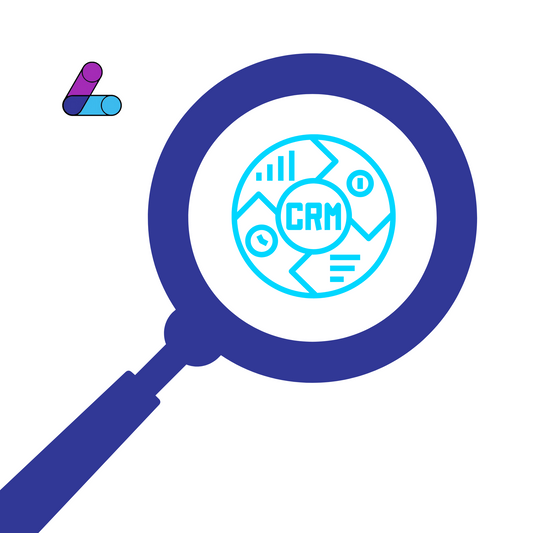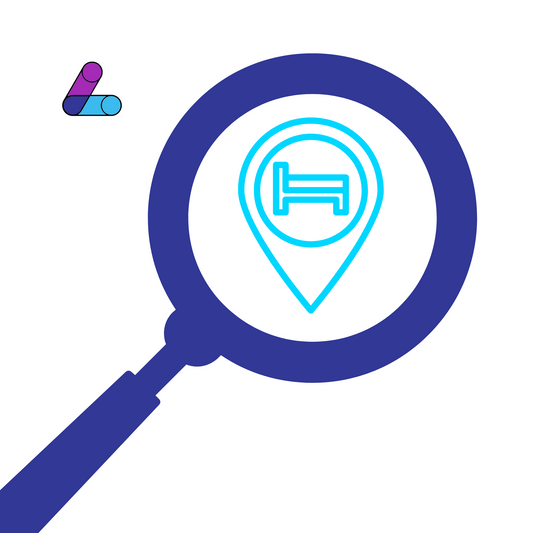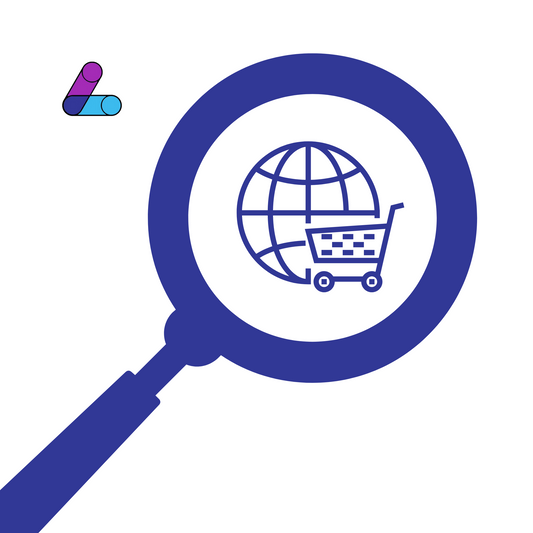Managing wholesale operations with spreadsheets or juggling multiple tools might have worked in the past, but today’s fast-paced business environment demands more. Wholesalers, manufacturers, and distributors in industries like fashion, electronics, construction, and beauty face growing complexities that require streamlined processes and deeper insights. That’s where CRM systems come into play.
This blog explores why CRM implementation is essential for wholesalers, the challenges it solves, and how it can drive efficiency and growth.
Challenges wholesalers face without a CRM
Operating without a CRM system leaves many wholesalers struggling with inefficiencies and missed opportunities. Here are the most common challenges:
- Missed opportunities: Without a centralized platform to track leads and sales prospects, potential deals often fall through the cracks.
- Lack of insights: Poor data visibility makes it difficult to predict trends or make informed decisions, especially when managing wholesale alongside direct-to-consumer (DTC) or ecommerce channels.
- Operational bottlenecks: Manual processes like order tracking or follow-ups slow teams down and limit scalability.
- Inventory mismanagement: Decisions based on outdated or incomplete data can lead to overstocking, understocking, or missed minimum order quantities (MOQs).
These challenges not only slow growth but also create unnecessary stress for teams managing multiple relationships.
Why do wholesalers need a CRM?
A CRM for wholesalers offers a comprehensive solution to these challenges. Here’s how it transforms operations:
- Order tracking and relationship management: Track retailer preferences, manage orders, and build stronger partnerships.
- Automation: Eliminate repetitive tasks such as follow-ups or reorder reminders, freeing time for strategic activities.
- Sales insights and forecasting: Use real-time reporting to identify trends, forecast demand, and make data-driven decisions.
- Pipeline management: Streamline lead tracking and opportunity management to allocate resources effectively.
With these features, a CRM system integrates and optimizes wholesale processes, enabling businesses to proactively address challenges rather than reacting to them.
CRM vs. Spreadsheets
Spreadsheets may work for businesses with a handful of retail relationships, but as operations scale, their limitations become evident. Here's how a CRM outperforms spreadsheets:
- Centralized data: A CRM system centralizes customer communication, order tracking, and sales data, unlike spreadsheets that require manual updates across multiple files.
- Automation: Spreadsheets can’t handle workflows or automate tasks, leading to inefficiencies.
- Insights and reporting: Generating sales insights from spreadsheets is time-consuming and prone to errors, whereas CRM systems offer real-time analytics and reports.
For growing businesses, upgrading to a CRM for wholesalers isn’t just a good idea - it’s a necessity.
Why SaaS-based CRMs are ideal for wholesalers?
SaaS-based solutions like HubSpot CRM provide wholesalers with the tools needed to scale and adapt. Key advantages include:
- Ease of implementation: SaaS CRMs are straightforward to set up and require minimal customization.
- Scalability: These platforms grow with your business, accommodating small teams and large enterprises alike.
- Integrations: SaaS CRMs seamlessly connect with inventory systems, email platforms, and other tools, creating an interconnected ecosystem for efficient operations.
How to get started with CRM implementation
If you're ready to adopt a CRM system, follow these steps:
- Assess your needs: Identify pain points and goals specific to your wholesale business.
- Choose the right CRM: Consider SaaS platforms like HubSpot CRM for their ease of use and scalability.
- Clean your data: Conduct data cleaning for CRM migration to ensure accuracy and efficiency.
- Work with experts: Partner with professionals to tailor a CRM solution to your unique needs.
-
Train your team: Ensure your team understands how to maximize the benefits of the new CRM system.
Conclusion
For wholesalers, a CRM system is no longer optional, it’s the foundation of successful operations. From CRM automation to better sales insights and forecasting, the right system streamlines workflows, strengthens relationships, and positions your business for growth.
At Loncom Consulting, we specialize in CRM implementation for wholesalers, manufacturers, and distributors. Contact us today and download our free guide: Top 10 reasons why wholesalers should use CRM systems. This guide is packed with actionable insights to help you choose the right CRM and maximize its value for your business.





